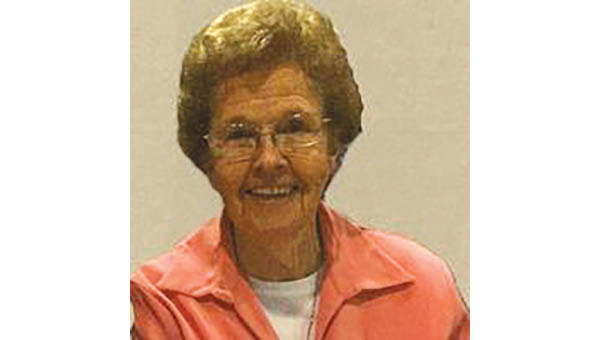Myles Cook presents a new way for students to become certified in Law Enforcement to Tennessee Sheriff’s Association
Published 5:13 pm Thursday, August 5, 2021
|
Getting your Trinity Audio player ready...
|
BY NIC MILLER
STAR STAFF
nic.miller@elizabethton.com
Last week, Tennessee College of Applied Technology criminal justice instructor Myles Cook traveled to Lebanon, Tennessee to present a new method of training, education, and job readiness in the field of law enforcement and corrections.
Cook, who has many years of law enforcement experience in Carter County, says “A program like this has never been done before” and “criminal justice has never been applied to a technical college model.”
Trending
The model that Cook presented to the Tennessee Sheriff’s Association is one that is 864 hours long, double the amount of training hours required by the Peace Officers Standards of Training, or POST.
One major advantage of the program that Cook is teaching is how cost-effective it is. Cook expanded on this saying, “Due to the length of the course, students can apply and receive financial aid that will cover the cost of the program.”
The program provides a hands-on teaching approach, something that is very important in a field such as law enforcement or corrections. Another major benefit, the program also implements something called “shared training” that benefits local agencies by welcoming members of these departments as both students and instructors.
Cook says that the shared training is a very important part of the program, stating, “Officers currently on patrol are invited to come in not only as instructors, but students as well. This saves these local agencies a ton of money by giving them POST-certified training at a price point that is much cheaper than that offered elsewhere.”
This program discussed by Cook also increases the amount of highly trained applicants in the field of law enforcement, something that local agencies are always in need of.
Cook shared that the program that is being implemented at TCAT is a much more practical one, saying, “We had a student who was a single mom that worked third shift. Instead of paying five or six thousand dollars to attend a police academy away from her family, she was able to receive her training here at a low price point and maintain her job to take care of her family.”
Trending
With the practicality of the program, Cook stated that this idea has been presented to local senators, state representatives, and agency heads and has been met with “one hundred percent approval.”
Cook would love for this program to become the common model for POST here in this area, saying “Despite being different from the model they are used to, this program promotes job readiness more than training at an academy or university and offers a reasonable low to no-cost option.”
With this program beginning to make leaps and bounds, the future is bright for Cook and his implementation of law enforcement and corrections training.






